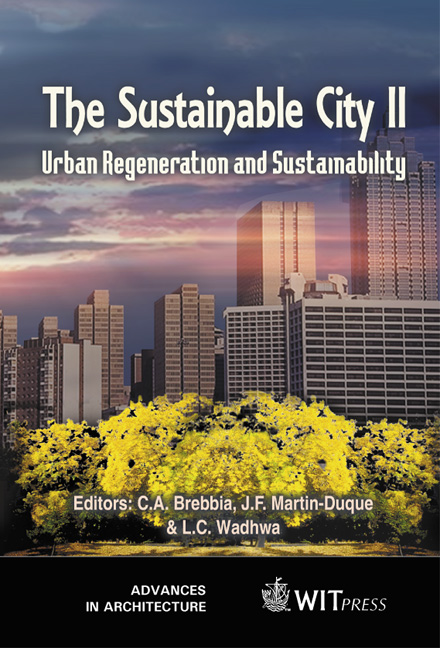Designing The Life In Urban Squares: An Academic Workshop As A Tool For Improving The Quality Of Life In Cities
Price
Free (open access)
Transaction
Volume
54
Pages
Published
2002
Size
587 kb
Paper DOI
10.2495/URS020671
Copyright
WIT Press
Author(s)
F A Fukushima, T Takaki Ayala & T Kitahara
Abstract
This paper examines and reveals how international workshops for community improvement organized by academic institutions can be successful tools for promoting citizens’ participation in and consciousness about urban topics, and for making revitalization initiatives for inner-city areas. As a case study, this paper will focus on the workshop, \“Taller Ciudad y Convivencia”, held in September 2001 in the Central Area of Xalapa City, Mexico. During the three- day workshop activities, including ii cultural stall, an open installation and an exchange bazaar, were undertaken in three open spaces. This paper describes how the workshop was organized, the roles undertaken by the participants and, the impact of the activities on the community, by analyzing citizens’ opinions collected through semi-structured questionnaires and direct communication. The paper emphasizes the importance of applying informal participatory methods for promoting participation and communication among students, citizens, planners, and official bodies, as the first step in the process of developing sustainable revitalization initiatives. Furthermore, it points out the role of university students can play in motivating users, planners and official bodies to open communication channels, and the opportunities that a workshop creates for them to have a better understanding of current urban problems. 1. Introduction The workshop is a technique used in different contexts that allows different people to exchange their points of view and opinions concerning specific topics, in order to create new criteria, or to enhance knowledge. In architecture, and urban planning and design, workshops have been used widely as a means to
Keywords





